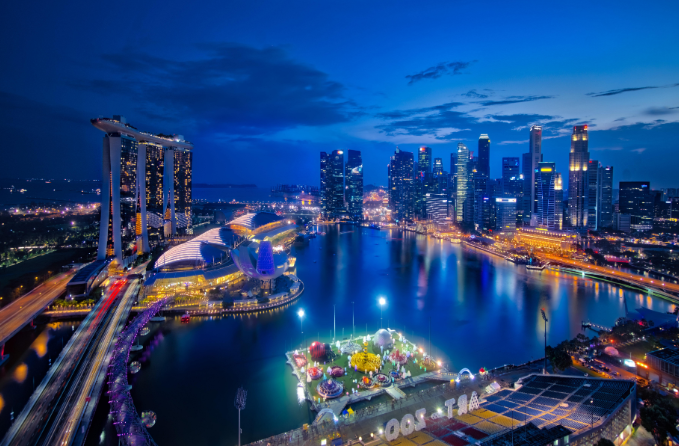SINGAPORE: In response to a Bloomberg article reporting that Dutch wealth manager Van Lanschot Kempen NV had blacklisted Singapore-backed assets for f
SINGAPORE: In response to a Bloomberg article reporting that Dutch wealth manager Van Lanschot Kempen NV had blacklisted Singapore-backed assets for failing their updated ESG (Environmental, Social, and Governance) standards, four Singapore government agencies issued a joint statement on June 15, 2023.
The agencies involved—National Climate Change Secretariat (NCCS), Ministry of Sustainability and the Environment (MSE), Ministry of Trade and Industry (MTI), and National Parks Board (NParks)—asserted that Singapore “takes climate action seriously” and highlighted the country’s “firm commitments and concrete actions on sustainability.”
The Bloomberg report, dated June 9, quoted a senior Kempen executive who criticized Singapore’s environmental performance, claiming that the nation is experiencing a “reverse” trend compared to other advanced economies. He suggested that Singapore’s heavy reliance on air conditioning to combat its tropical climate is hindering its progress in biodiversity and climate sustainability.
Additionally, the report cited findings from BloombergNEF, indicating a decrease in Singapore’s reliance on renewable energy, from 4.08% five years ago to 2.68% in 2021. The report stated that Singapore’s power transition policies are weaker compared to those of countries like Germany and the United States.
In their response, the government agencies countered that it was inaccurate to state that the share of renewables in Singapore’s energy mix had decreased. In fact, they noted an increase in the share of renewable energy (mainly solar) from 0.17% to 0.71% during the same period. They attributed the lower share of renewables compared to other nations to Singapore’s limited land area, which affects the capacity for domestic renewable energy generation.
The joint statement emphasized Singapore’s commitment to climate action, inviting Kempen to learn more about the country’s sustainability efforts. Among the key initiatives mentioned were the implementation of a carbon tax covering 80% of Singapore’s greenhouse gas emissions and plans to quadruple solar panel deployment by 2030.
The agencies also reiterated Singapore’s dedication to conserving its rich biodiversity, which includes over 2,000 plant species and various native animal species, while outlining their ongoing efforts to protect key habitats and develop strategies for decarbonization.



COMMENTS